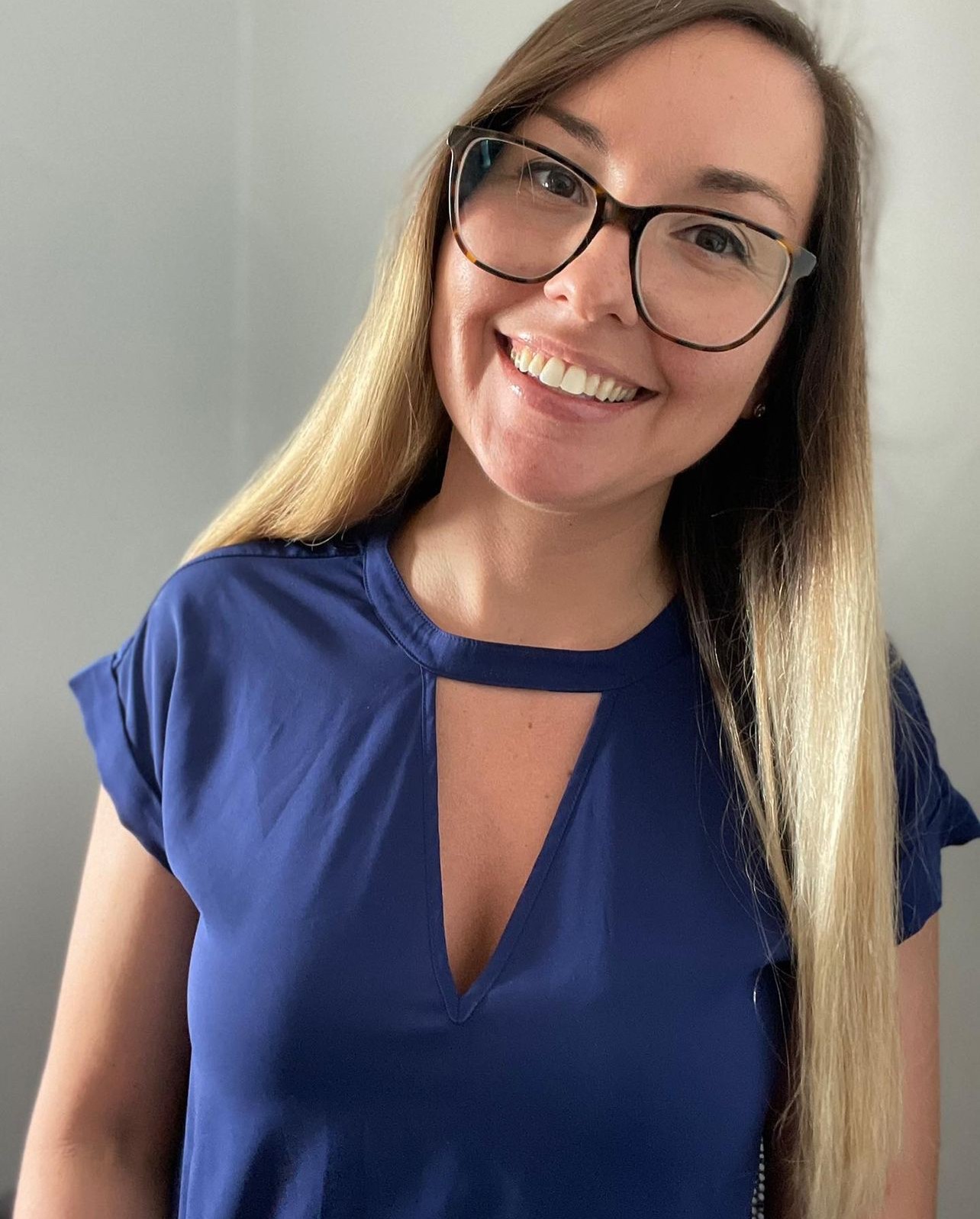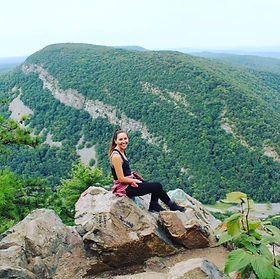Alright – so today we’ve got the honor of introducing you to Brooke Aymes. We think you’ll enjoy our conversation, we’ve shared it below.
Brooke, looking forward to hearing all of your stories today. It’s always helpful to hear about times when someone’s had to take a risk – how did they think through the decision, why did they take the risk, and what ended up happening. We’d love to hear about a risk you’ve taken.
Risk taking is a theme that has occurred throughout my life. When I was younger, I would get into trouble because I was always taking risks. Throughout my adolescent years, I experimented with substance use and that risk raking behavior brought me to my knees in my early adulthood when I was suffering from a heroin addiction. At age 23, I took a risk on myself for a change and entered into recovery from substance use. That was terrifying to let go of substances and to change my entire lifestyle.
Even in recovery, risk taking has remained constant. It just looks a little bit different. I took a big risk going back to college. After experiencing several overdoses and loosing oxygen to my brain I was not sure if I was capable of learning. I graduated college and became a licensed a therapist.
In 2020, I took a risk opening my own private practice to help individuals suffering from mental illness and substance use issues. I was not sure if I would succeed or fail but I felt that I had to try.

Awesome – so before we get into the rest of our questions, can you briefly introduce yourself to our readers.
My brand is about helping individuals, couples and adolescents find peace within themselves. The goal of my therapy sessions is to help people live with more peace and less anxiety.
Any advice for growing your clientele? What’s been most effective for you?
The most effective strategy for growing clientele has been through reputation and word of mouth.
We often hear about learning lessons – but just as important is unlearning lessons. Have you ever had to unlearn a lesson?
A lesson that I had to unlearn was that being a hard worker is different than lacking boundaries with work. When I was a clinical director I would constantly stay late, work long hours and take my work home with me thinking that is what it meant to be a hard worker.
The truth is that I was working very hard and also lacking appropriate boundaries to protect my own mental health and my own personal time.
Being loyal to a company is not being a hard worker.
Contact Info:
- Website: https://www.gaininggracellc.com
- Instagram: https://www.instagram.com/gaininggracetherapy/
- Facebook: https://www.facebook.com/gainingracellc
- Linkedin: https://www.linkedin.com/in/brooke-aymes-lcsw-lcadc-93551b114/
- Youtube: https://www.youtube.com/@brookeaymes


